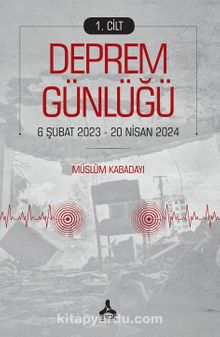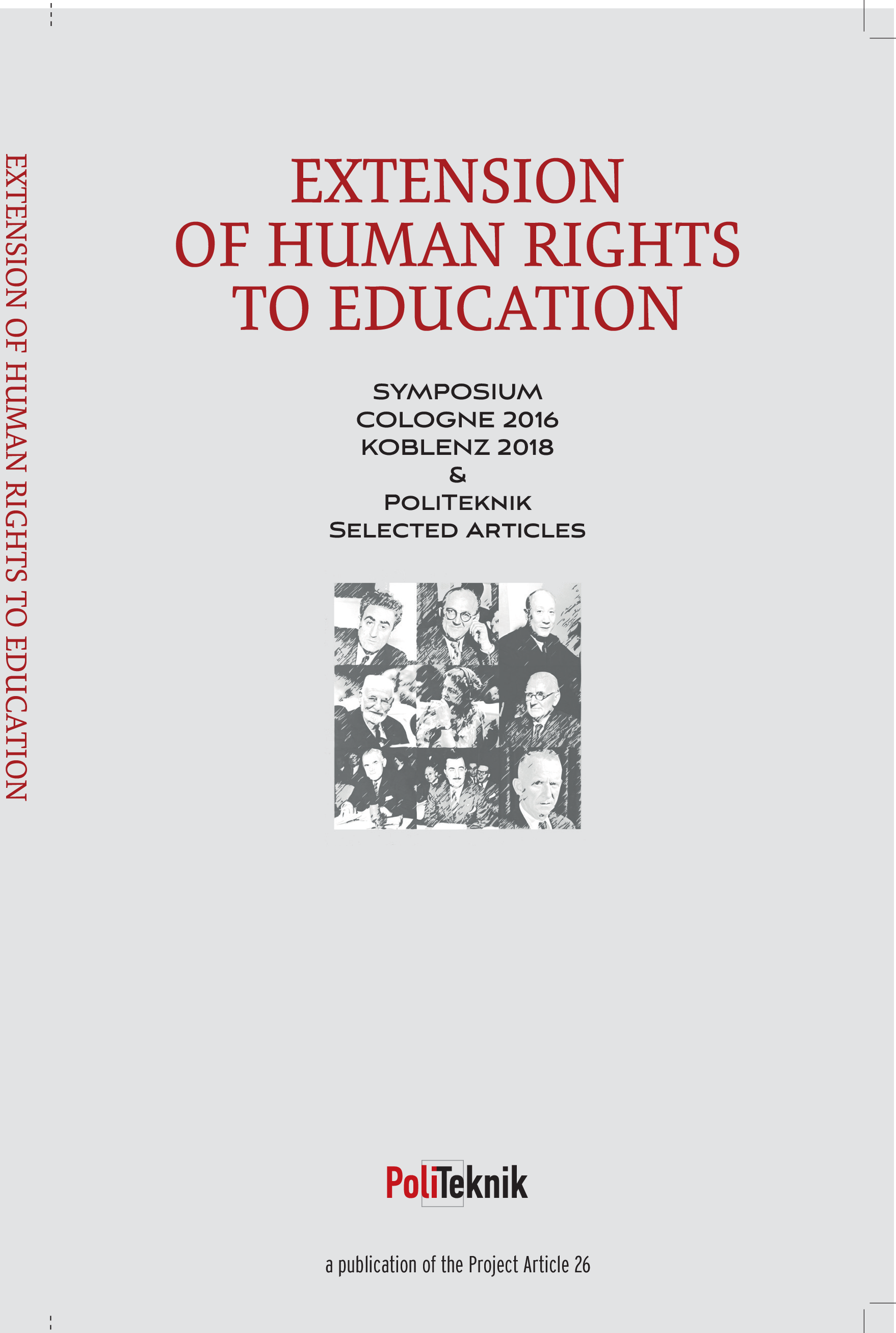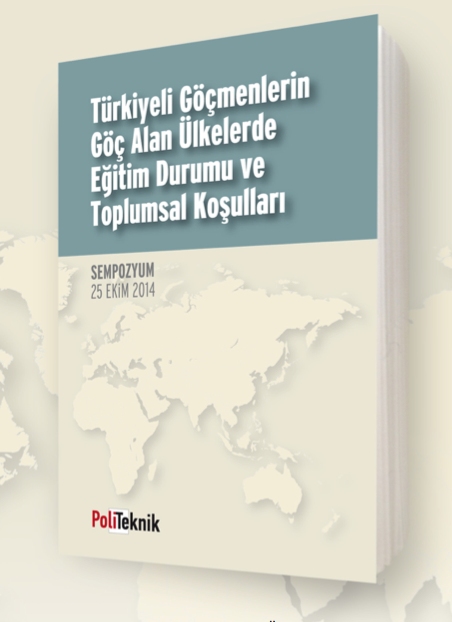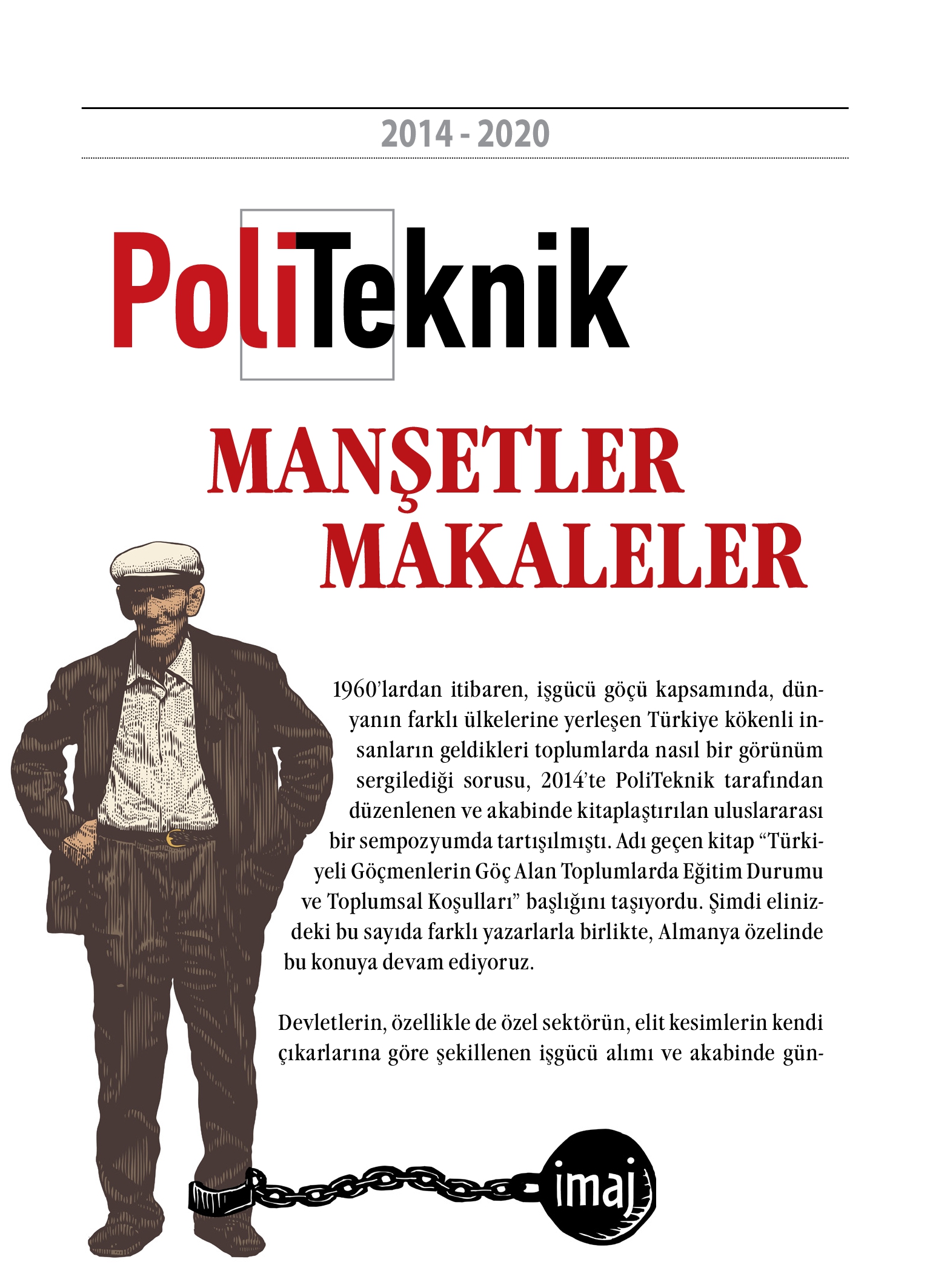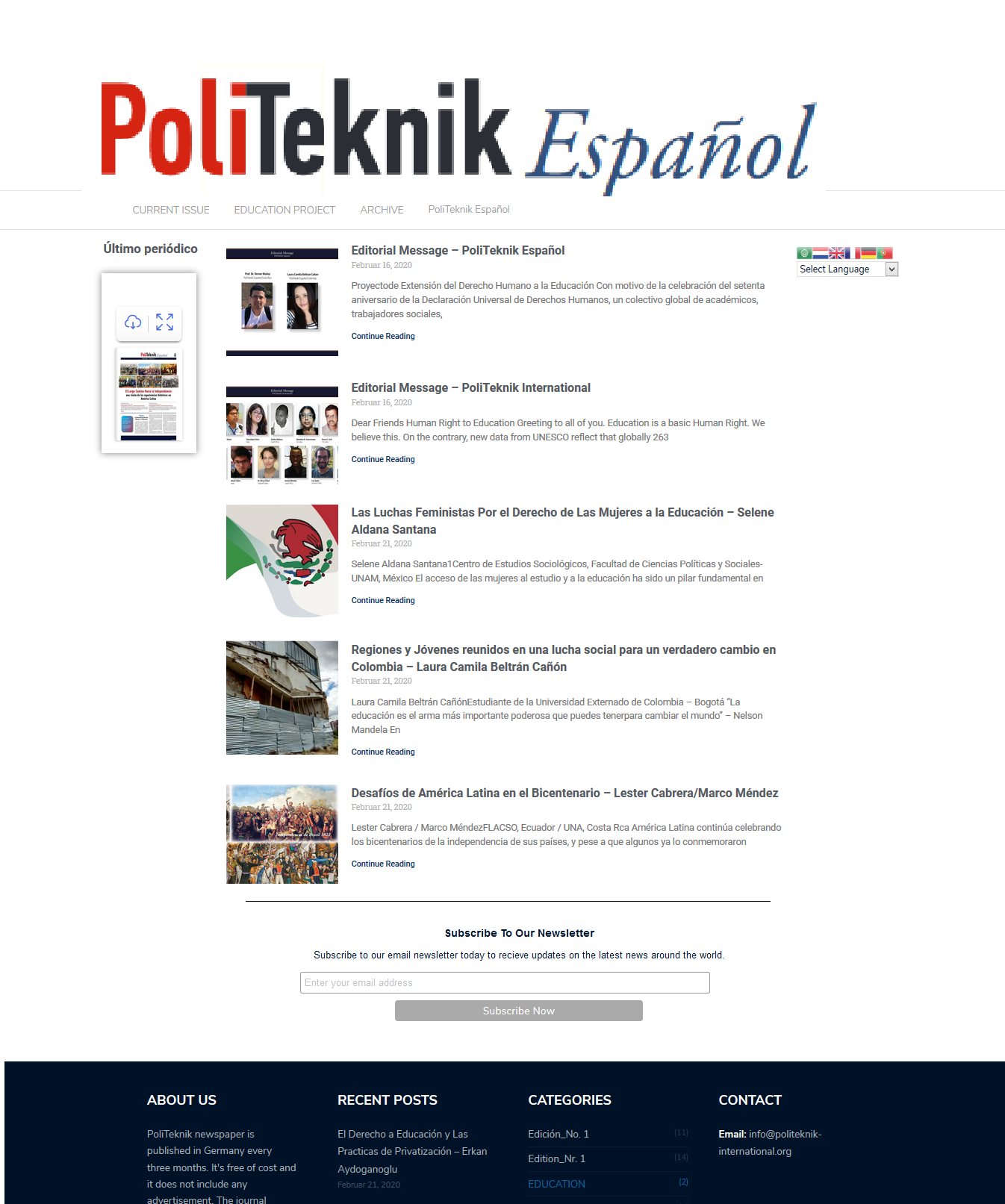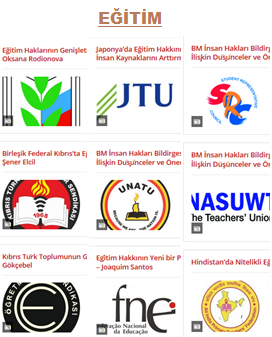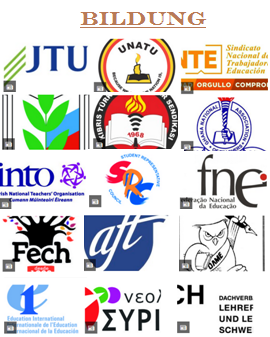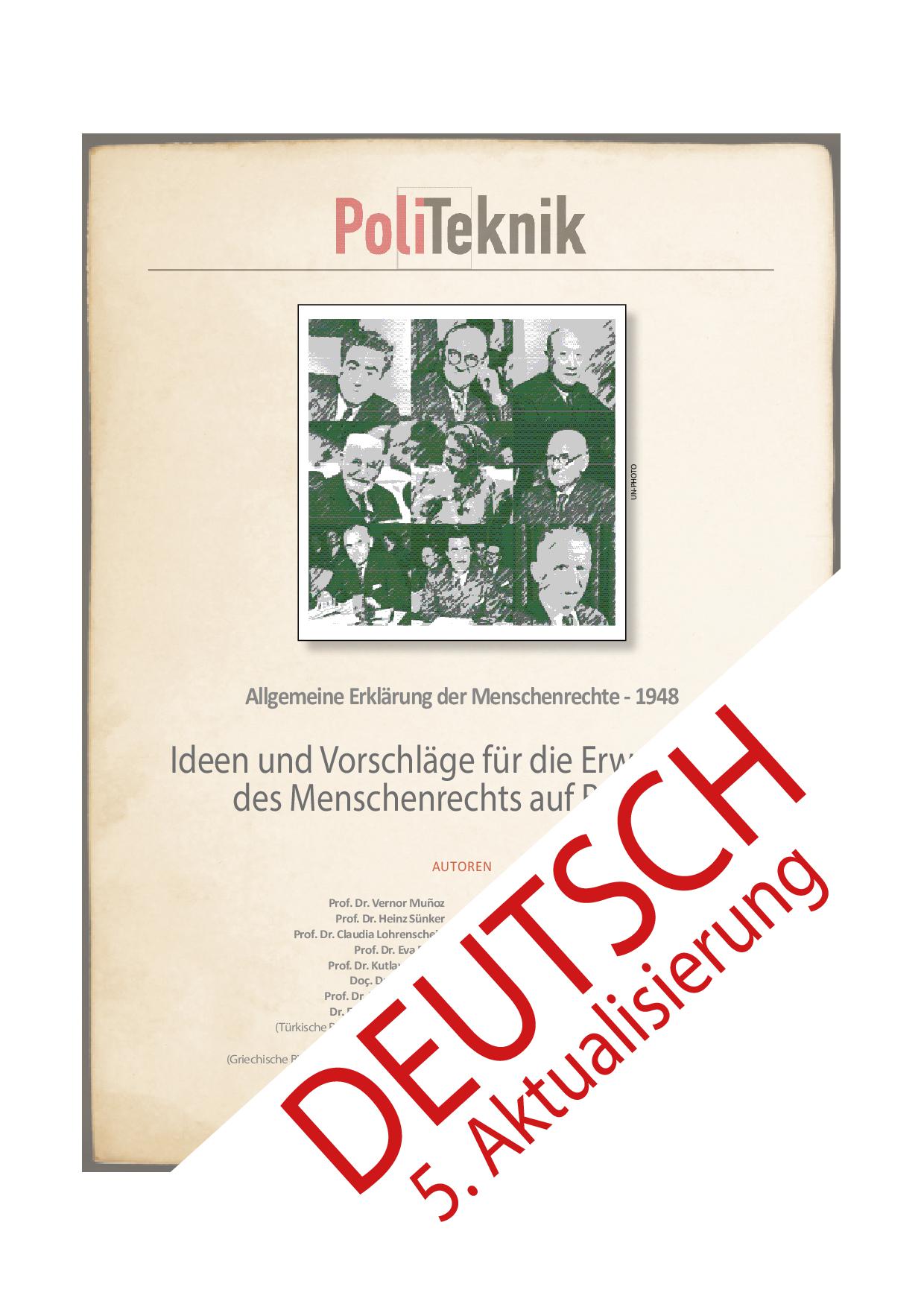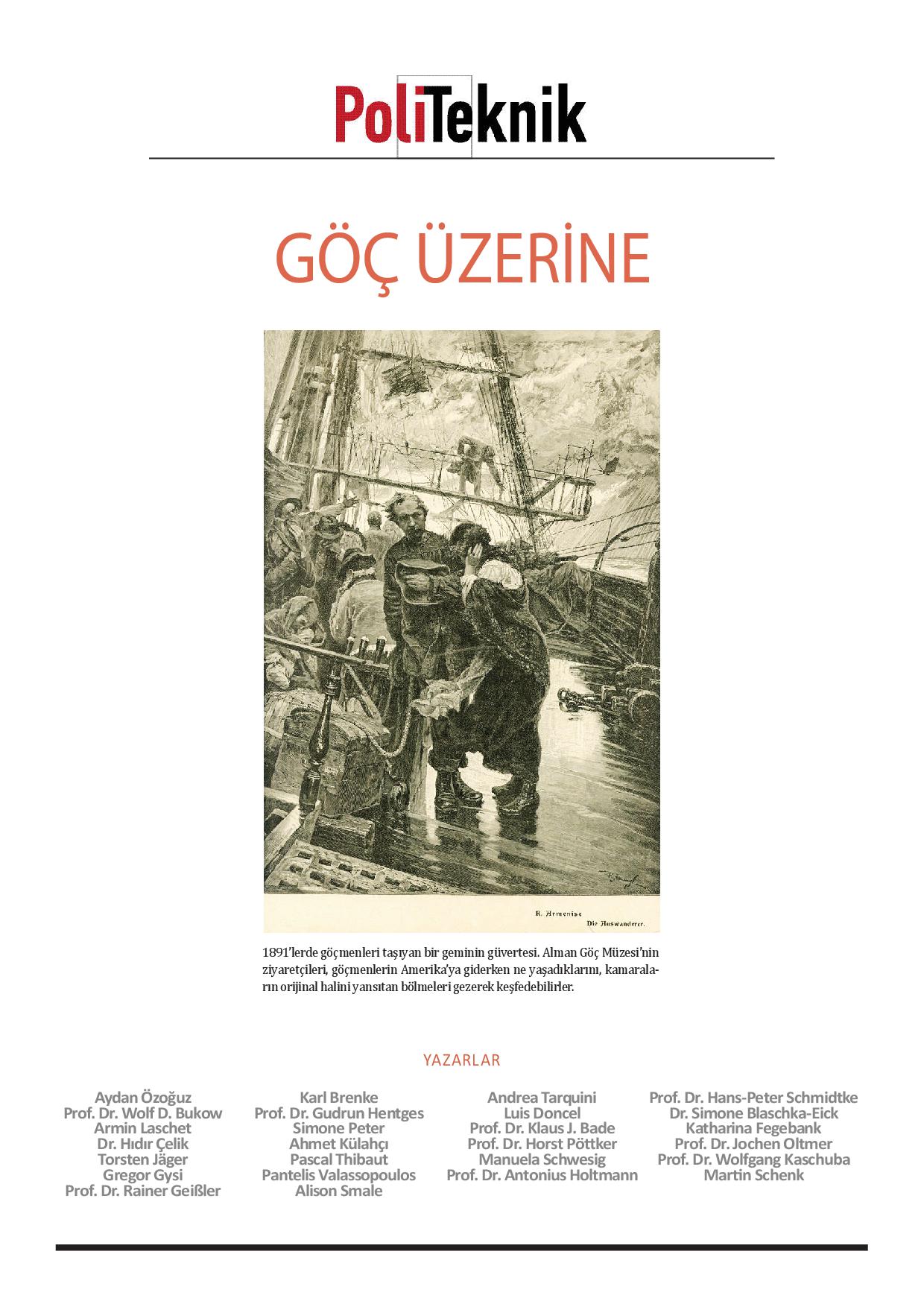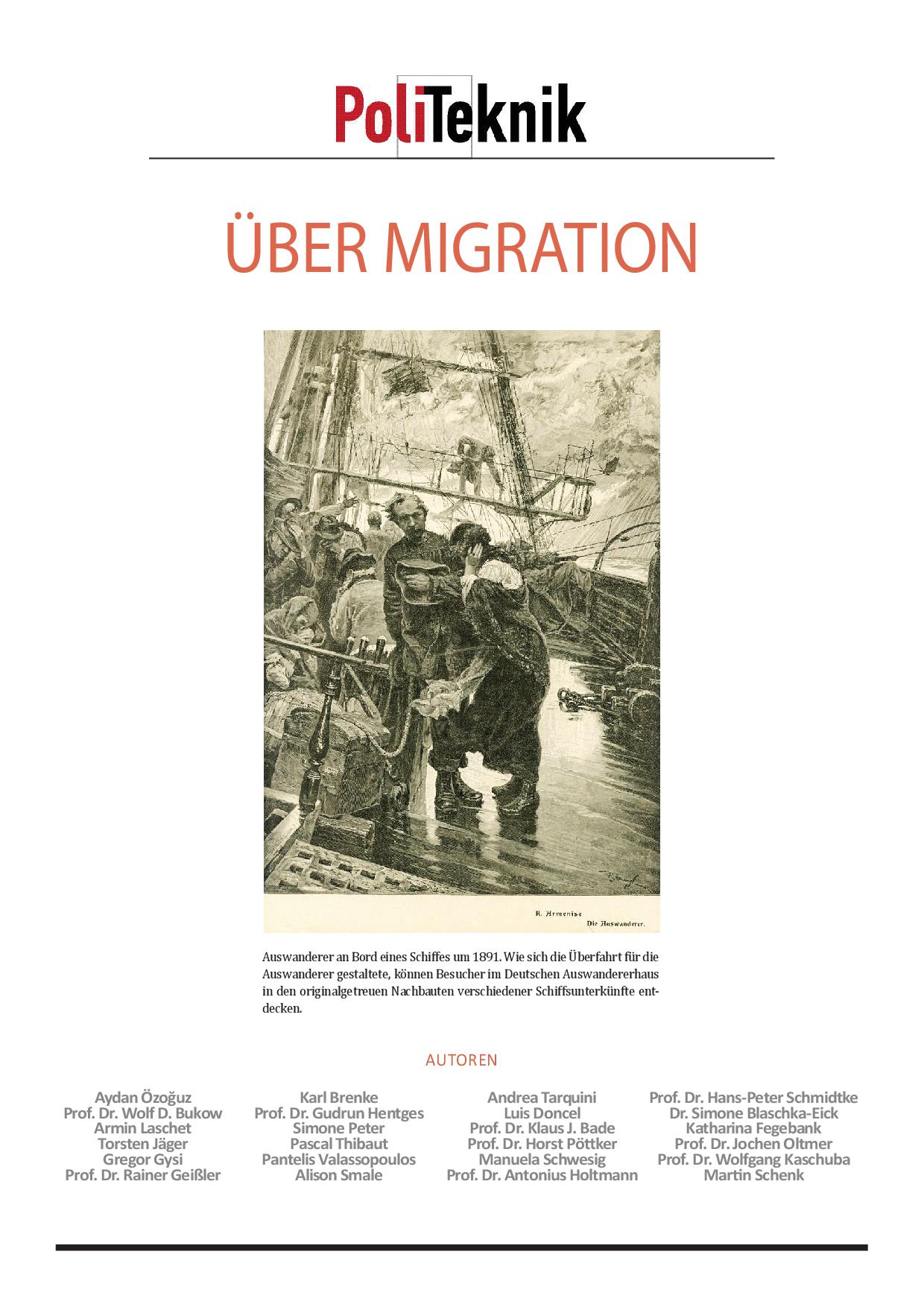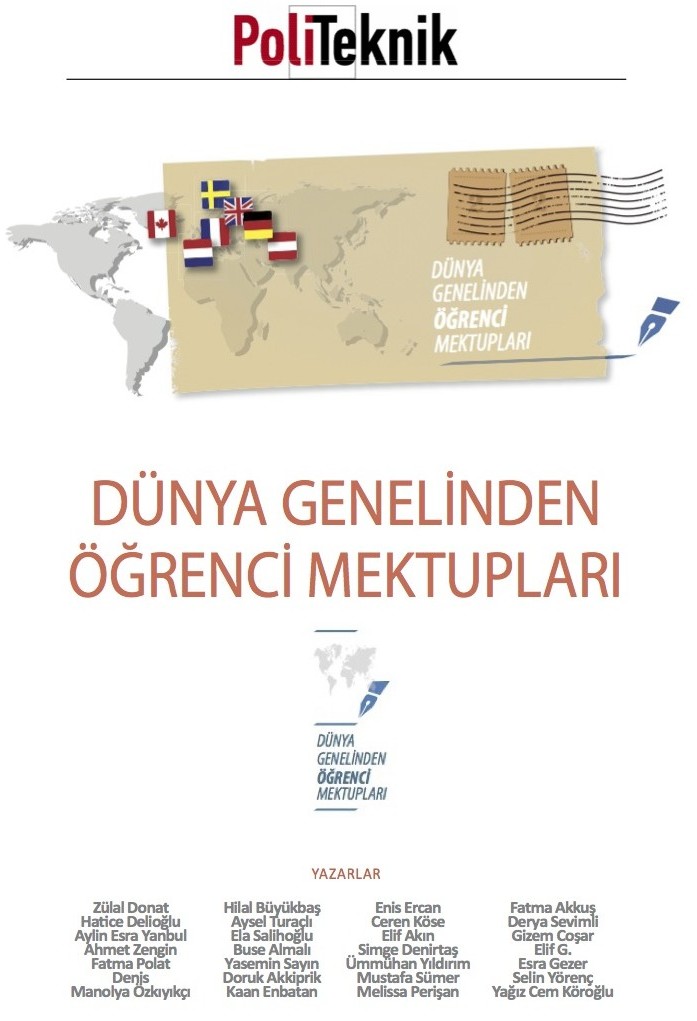James Tweheyo
The Uganda National Teachers Union (UNATU) General Secretary
In December of 1948, the Universal Declaration of Human Rights was adopted and proclaimed by the United Nations General Assembly. In the wake of World War II and its related atrocities, the goal was to create an international standard defining the rights of all human beings. The intention was to create not only a more livable planet, but also a more stable and peaceful one. 69 years later, the world has rapidly evolved with a number of emerging issues such as terrorism, racism, gender and other inequalities, for-profit education, climate change, economic crisis, and other 21st Century challenges. It is therefore of utmost importance to review the Universal Declaration of Human Rights and assess its suitability in protecting the rights of all human beings in the current situation.
This article examines Article 26 that promotes every one’s right to education and gives an insight on our thoughts as Uganda National Teachers’ Union (UNATU) on how the provision can be expanded to fully consider the 21st Century Global Education challenges.
UNATU notes that though Article 26 generally promotes the right to education, it does not put into consideration the issue of quality education. This was the same challenge identified with the 2015, Education For All Goals (EFA). The goals focused on getting more learners into school without an emphasis on quality. As a result, countries devoted resources towards increasing access to education through Universal education programmes at the expense of quality. In Uganda, the Government introduced Universal Primary Education in 1997 which drastically increased school enrolment from 1 million to close to 9 million children currently. Regrettably, Government investment in the education sector was not increased to meet the additional requirements for the overwhelming numbers. This greatly compromised the quality of education.
Post 2015, the new Sustainable Development Goals (SDGs) included an education goal; (Goal 4. Ensure inclusive and equitable quality education and promote lifelong learning opportunities for all.)
It is important to note that ‘Education’ is interlinked with all the other SDGs. Each of the 17 SDG Goals has a set of targets. In each set, at least one target involves learning, training, educating or at the very least raising awareness on core sustainable development issues.
UNATU consequently proposes that similarly quality education as a human right, and available freely to all without discrimination in terms of gender, disability, faith, race, ethnicity, culture, socio-economic status, location and other factors be included Article 26. Furthermore, this Human Right should be expanded to protect the rights of learners with special needs and those in refugee situations. There should be no discrimination in access to quality education. Education should be provided on the basis of equality of access and opportunity to all.
UNATU understands quality education as that which provides learners with the necessary knowledge, skills, attitudes, and tools to attain their greatest potential and be able to handle the challenges currently confronting mankind. This means providing quality inputs, quality processes, quality learning and teaching environments and relevant curriculum.
In order to protect every one’s right to quality education, UNATU insists that education must be a public good, publically funded and publically regulated. Democratically elected governments, whether at local, regional or national levels should be the guarantors and primary providers of education systems. We condemn the neo-liberal agenda of privatization and commercialization of education which locks out learners that are unable to afford the fees charged by private school owners. Article 26 should therefore clearly indicate public authorities as the providers of education.
Access to education must also put into consideration the critical importance of educating women and girls. Research shows that gender equality and girls’ education has a positive impact not only on the girls themselves, but on their families, communities and society. Article 26 should therefore emphasize the right to quality education for girls and young women. This will ensure that Governments put in place gender-sensitive policies, teaching and learning environments and special measures to ensure the security of girls and women in education institutions.
Section 2 of Article 26 attempts to define the purpose of education by stating that; “Education shall be directed to the full development of the human personality and to the strengthening of respect for human rights and fundamental freedoms. It shall promote understanding, tolerance and friendship among all nations, racial or religious groups, and shall further the activities of the United Nations and maintenance of peace.”
Although this view on the purpose of education is holistic and challenges the narrow, instrumentalist view of education as solely teaching students to become skilled employees, UNATU is of the view that this section can be expanded further to capture the role that education must play in promoting sustainability and the suitability of that education to one’s context.
In order to ensure sustainability, mankind must learn how to anticipate the consequences of their actions, envision a sustainable future and create the steps needed to achieve this vision. The education sector can make potentially significant contributions to sustainability in its four dimensions (Economic, Social, Political and Environmental).
- Economic sustainability refers to the livelihood for people, jobs and income.
- Social sustainability concerns Human Rights issues and people living together in culturally appropriate ways. Issues that concern this dimension include democratic governance, poverty reduction, crisis prevention and recovery, environment, energy and HIV/AIDS in an effort to improve Global sustainability.
- Political sustainability places a pivotal role in political systems. Its goal is for power to be exercised fairly and democratically through political systems.
- Environmental sustainability recognizes the importance of healthy natural environments for supporting all life systems both human and non-human including air, soil, water and food. It is concerned with the conservation of natural systems to ensure that all life forms are protected in ways that do not compromise quality of life for future generations. For example, The issue of Climate change can no longer be ignored because worldwide, we are already experiencing its effects.
Article 26 should therefore clearly highlight that sustainability education must be part and parcel of every education system.
Additionally, every person has a fundamental right to an appropriate education which will enable that person achieve their own maximum potential and become a responsible citizen. This means that curriculum, assessment, and other education processes should put into consideration the unique challenges faced not only globally but locally as well. For example, in Uganda an appropriate education is one that would equip learners with knowledge on HIV/AIDS and how one can protect oneself, entrepreneurship since the level of youth unemployment is close to 90%, financial literacy due to our poor saving culture and other relevant skills beyond literacy and numeracy.
Finally, as a Teachers’ Union we note that Article 26 is silent on who should deliver education. The importance of quality teaching for quality education cannot be underestimated. The ‘TEACHER’ is the most important ingredient to any education process. Article 26 should therefore be expanded to the effect that every person has a fundamental right to a quality education delivered by a professional teacher who is appropriately trained, qualified, supported and motivated.
BECAUSE WE ARE, THE NATION IS






